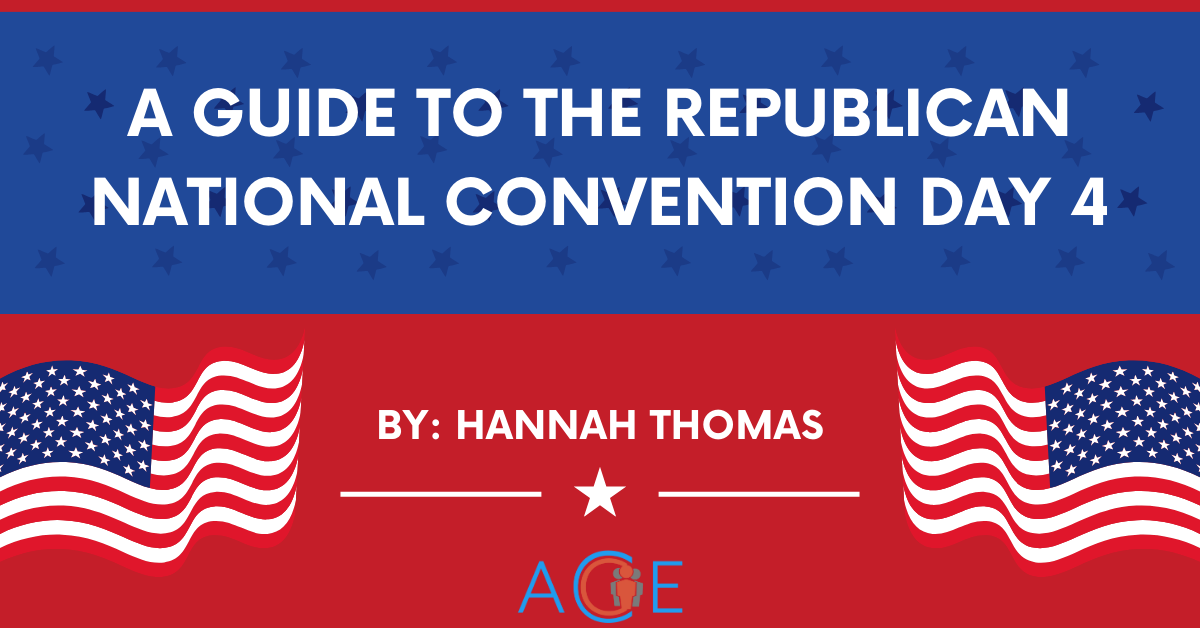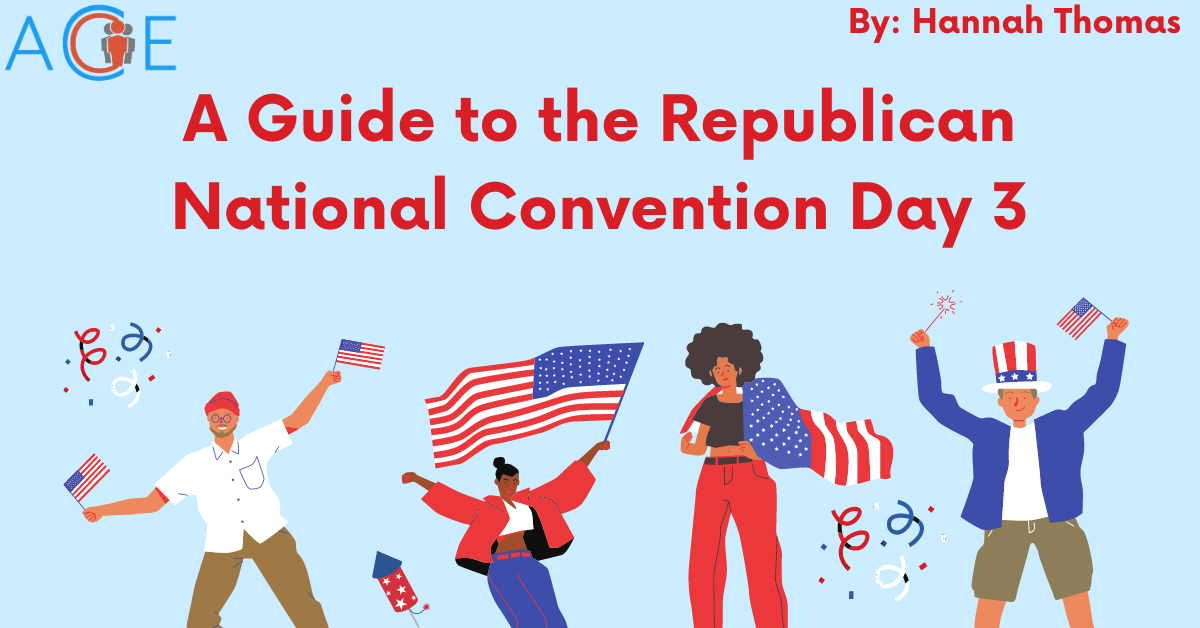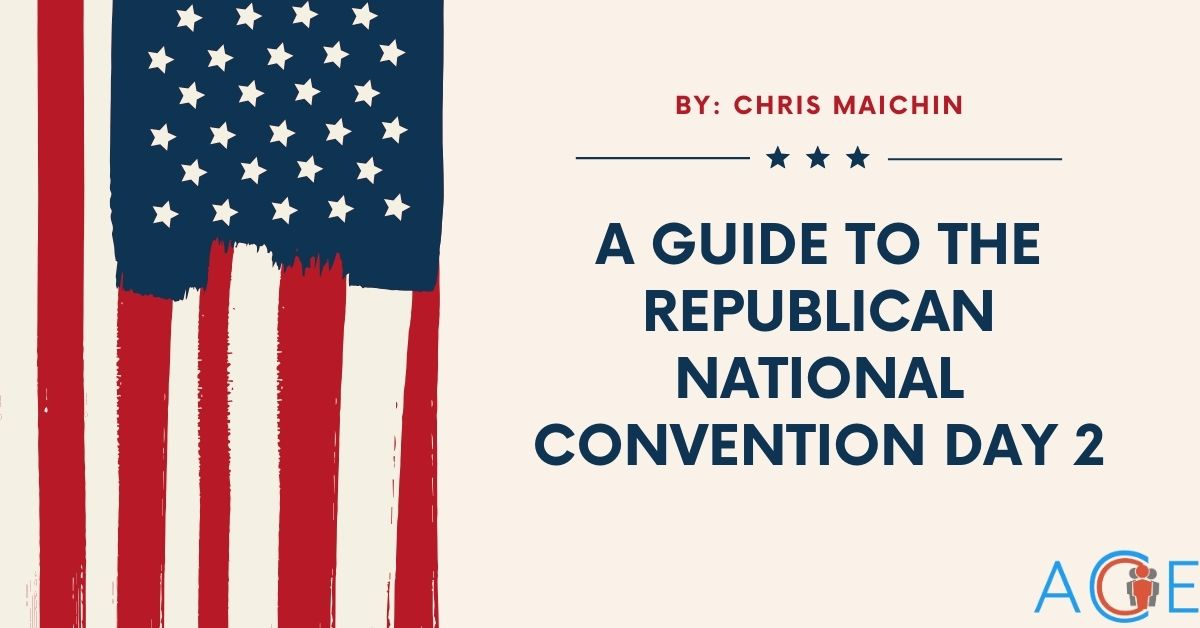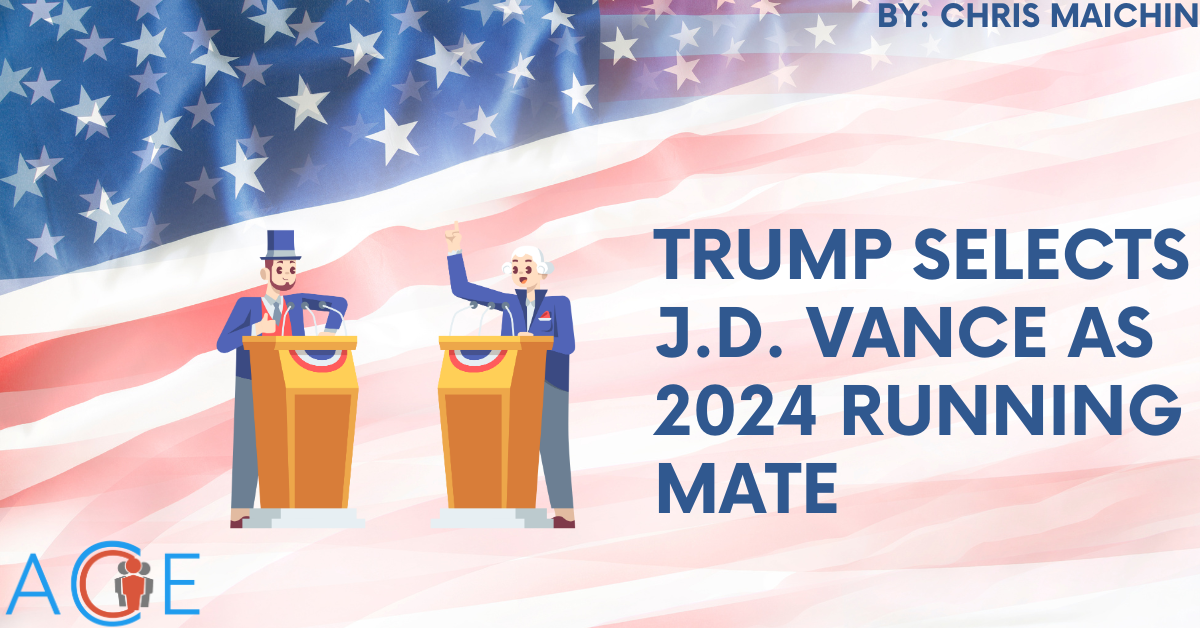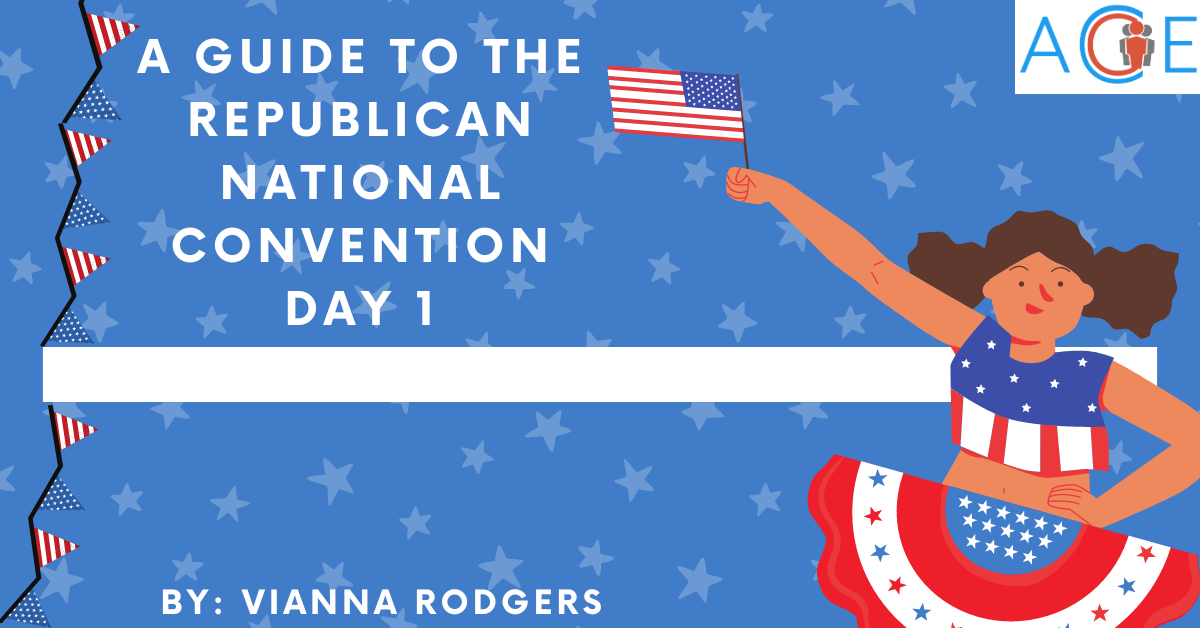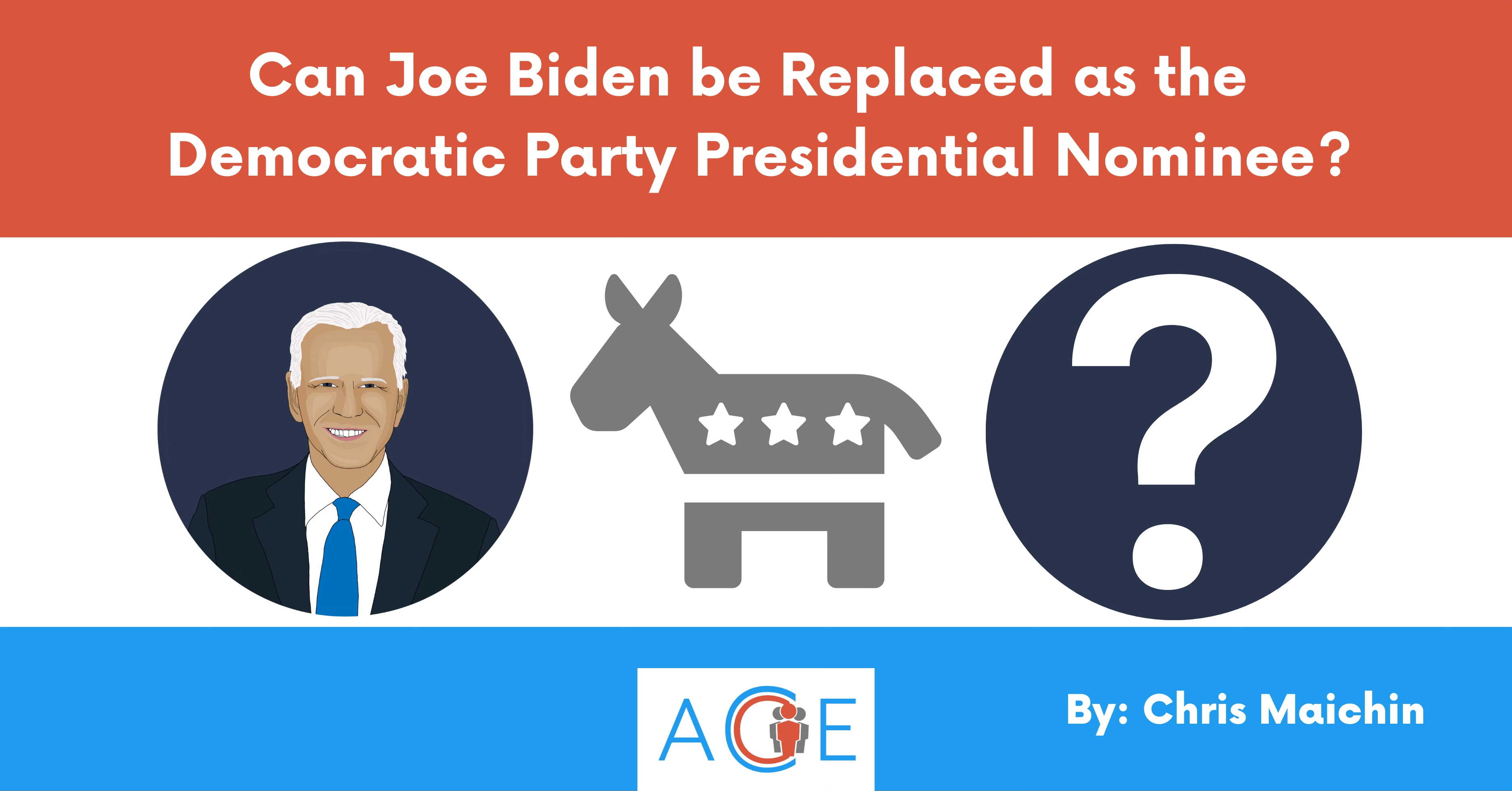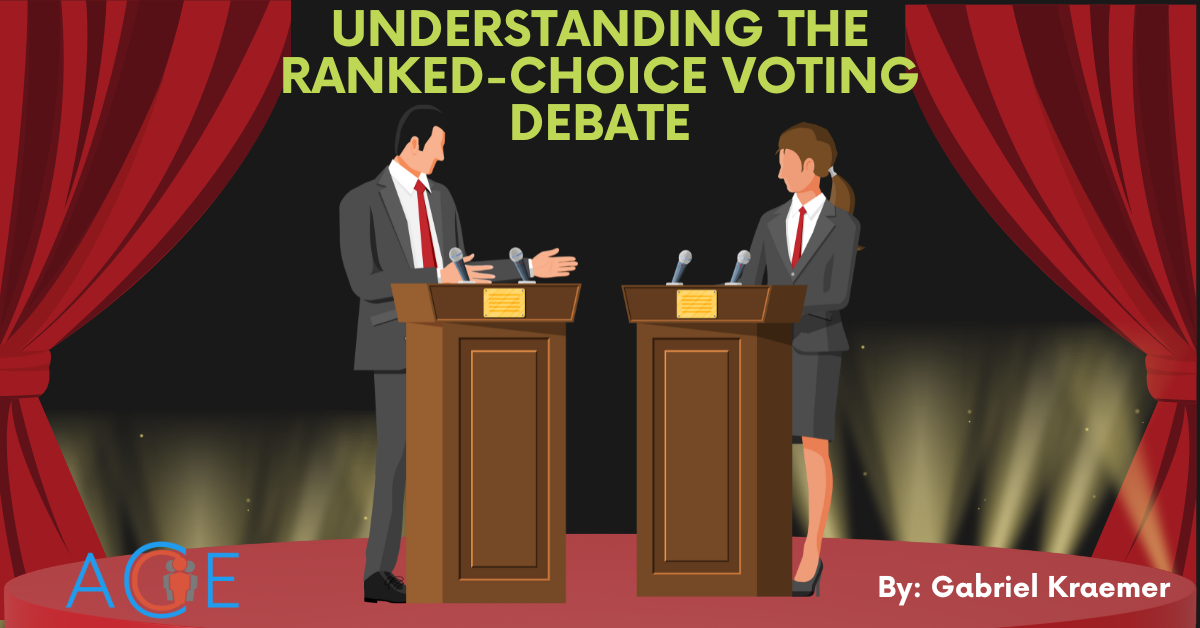Introduction
As internet technology advances and digital literacy increases, more daily activities such as shopping, learning, and bill paying are moving online. While online voting is currently unavailable for most voters in the United States, experts and researchers are debating its viability. Online voting is conducted remotely from the user’s own device, often through a third-party application.
Who Uses Online Voting?
There are several examples of online voting abroad, especially in Estonia, Switzerland, and Australia. In Estonia, about half of registered voters choose to use the online platform to cast their ballot. Estonian online voting is only available for early voting, and includes the option for voters to change their choice up until the voting deadline.
Within the U.S., 10 states allow remote voting reserved for specific groups of people. Voters living abroad gain the right to vote remotely through the Uniformed and Overseas Citizens Absentee Voting Act (UOCAVA), and several states allow voters with disabilities to cast their ballots online as well. Recently, several states opened remote online voting options for local elections in the wake of the COVID-19 pandemic.
Pros of Online Voting
Proponents of online voting say that it would make elections more accessible, and therefore increase voter turnout. Online voting decreases the amount of time it takes to vote—both by removing travel time for those who choose that option, and shortening lines at polling places for those who still opt to vote in person. This in turn has the potential to increase turnout, because long lines at the polling place negatively impact turnout.
Advocates contend that online voting will increase flexibility and privacy for voters with disabilities who would normally vote by mail—especially for those with impaired vision. Additionally, online remote voting platforms allow voters to cast their ballots from their own devices, and research suggests this would convince some people to vote who would not do so were the online option unavailable. Indeed, one study shows a 3.5% increase in voter turnout (and another an 8.2% increase) when the online option for voting is available.
Online voting also has the potential to reduce the costs of elections for governments and voters. One study found online voting to be the most cost-effective form of voting, based on data from Estonian elections. According to the study, since usage of online voting decreases the time people take to vote, it also decreases indirect cost in terms of lost wages from time taken off to vote. As online voting is conducted remotely, it also gets rid of transportation costs from voters physically getting to the polling place. Online voting would also reduce the number of printed ballots needed, which reduces the cost of elections for the government.
Online voting could remove some human error from the election process. Supporters argue that online voting could prevent “messy elections” like the 2000 presidential election. There would be no uncertainty from physical counting errors, like the ones that arose in the 2000 election with “hanging chads.” Supporters say that online voting, without confusing physical aspects, would result in higher accuracy.
Online voting could also ensure election results are available more quickly to the public, as software and online platforms can count votes nearly instantly, unlike human counters, who require more time. Lastly, online voting could prevent voters from misunderstanding and spoiling (or even mistakenly invalidating, in the case of mail-in voting) their own ballots, therefore streamlining the election process.
Cons of Online Voting
The main concern of opponents of online voting is the overall security of an election, chief among these concerns being election fraud. Internet technology is complex and rapidly developing, and cybersecurity measures are often reactive and do not develop as fast as the innovations of hacking themselves. Many are concerned that elections without a paper trail are more vulnerable to election fraud, and that casting ballots over the internet would make recounts (in the event that they are needed) futile, as there would be no physical ballots to recount. Without physical proof of any particular voter’s ballot, it is possible that election fraud could occur and not be noticed, because of the lack of sufficient security protocols. Because of this, there is the possibility that hackers could change votes to manipulate election results. These vulnerabilities raise privacy concerns as well as fraud concerns. Voters’ ballots would also no longer be confidential.
Opponents are also concerned with the involvement of third-party voting software companies in the election. Online voting is often run by for-profit companies who may value profit over election security. There is evidence of voting software companies lacking adequate security, which would compromise the integrity of an election. There is also the added potential of system failure, in which a crash of the voting software would prevent people from voting, or even invalidate their votes.
A final potential drawback of online voting is the lack of trust that people have in the results produced from such a platform. Recently, there has been a decline in trust in U.S. elections, and online voting could exacerbate the issue because of the concerns surrounding security, privacy, and accuracy due to the threat of fraud. In the current climate of uncertainty, many believe it may be beneficial to stick with familiar voting methods.
The Future of Online Voting
The current election system is not without fault, but would adding online voting to the equation make things better or worse? Despite concerns, more than 300,000 registered U.S. voters used an online platform of some sort to vote in the 2020 elections, and many states have plans to increase the number of voters eligible to vote online in the coming years.


